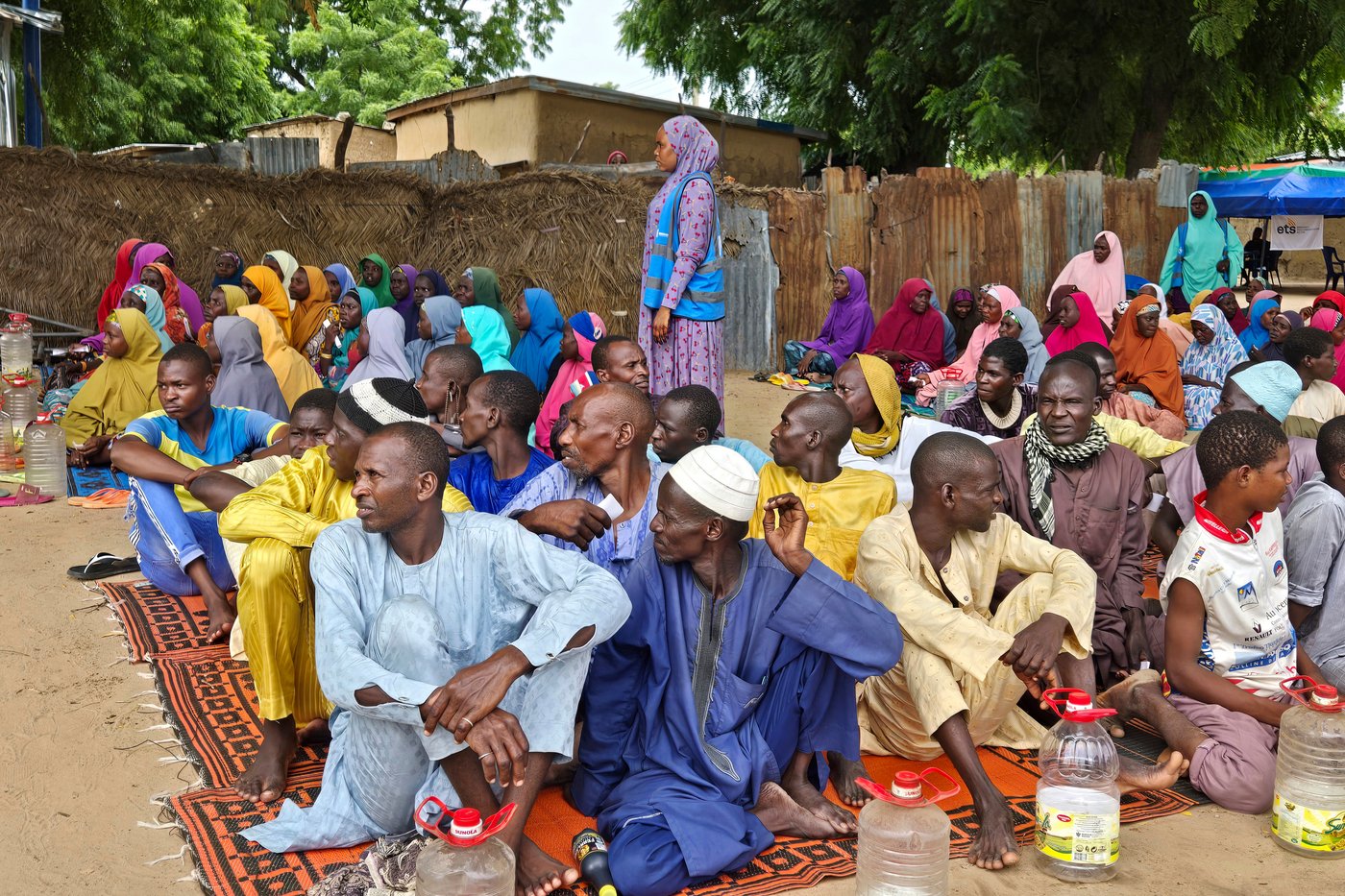Elevate your local knowledge
Sign up for the iNFOnews newsletter today!
[byline]

LAGOS, Nigeria (AP) — A spike in attacks by militants across northern Nigeria is “driving hunger to levels never seen before” and is expected to result in the worst levels of food insecurity in Africa next year, according to a World Food Programme report released Tuesday.
The food agency of the United Nations projected 35 million people are likely to experience severe hunger in Nigeria by 2026, the highest on the continent and the largest since the agency began recording data in Nigeria.
The WFP also predicted at least 15,000 people in Borno state, the epicenter of Nigeria’s security crisis, will experience catastrophic hunger including famine-like conditions next year. Borno will be classified as Phase 5, the agency’s highest classification of food insecurity, similar to what has been seen in some parts of Gaza and Sudan.
“Northern Nigeria is experiencing the most severe hunger crisis in a decade, with rural farming communities the hardest hit,” the WFP said in a statement.
Widespread attacks by various armed groups have deterred farmers from using their land, officials said.
In October, al-Qaeda-affiliate Jama’at Nusrat al-Islam wal-Muslimin took responsibility for its first attack in Nigeria, making the group the latest entrant in a pool of armed groups launching attacks in the country.
More than 300 students and 12 teachers were kidnapped from a school in Niger state on Nov. 21, only four days after after 25 schoolchildren were abducted 170 kilometers (106 miles) away in neighboring Kebbi state.
Nigeria also has been hard hit by a massive scaling down of U.N. food assistance following U.S. President Donald Trump’s decision to gut the United States Agency for International Development.
The USAID cut ceased funding to the WFP, which said it will run out of resources for emergency food and nutrition assistance in December. Nigeria is one of the few other countries in the region where the cut has deepened the food crisis. In July, the agency suspended food assistance across West and Central Africa.
“Without confirmed funding, millions will be left without support in 2026, fueling instability and deepening a crisis that the world cannot afford to ignore,” the agency said.
Want to share your thoughts, add context, or connect with others in your community?
You must be logged in to post a comment.